Circularity in Cities: Towards Climate-Sensitive Planning

The Symposium on Spatial Planning, part of the 6th Doctoral Congress in Engineering (DCE25), will take place at FEUP, Porto, Portugal, on June 30th and 1st of July 2025.
This Symposium is organized by PhD students of the Doctoral Program in Spatial Planning (PDPT) at FEUP.




As cities face growing environmental challenges, circularity has emerged as a transformative concept in urban development, extending beyond the circular economy to encompass urban governance, spatial planning, and socio-technical transitions. This symposium explores how planning strategies can integrate climate adaptation action, land use, mobility, governance, and social equity to foster resilient and regenerative urban environments.
Key themes include territorial cohesion, spatial justice, and collaborative planning to support resource-efficient and climate-responsive cities. Additionally, housing policies, urban affordability, and the right to the city will be addressed as essential elements of a circular urban transition.
The symposium underscores the necessity for innovative governance and transformative policies to achieve authentic circularity. By bolstering institutional capacities and promoting participatory decision-making, we can prioritize resilience and inclusivity in urban development. Incorporating nature-based solutions across various spatial scales is essential for advancing long-term urban sustainability. This event works as a valuable platform for a diverse range of stakeholders to engage in productive dialogue and develop interdisciplinary strategies that align spatial planning with circularity, paving the way for dynamic, sustainable, and socially just urban futures.
Submissions
Format: Oral communications or PDPT Visual Exhibition
Please follow the abstract template (maximum 1 page) according to the Instruction for Authors available under the Registration page. The submission must be done through the SCI-MEET platform.
For more information, please click HERE.
Registration & Payment
Registration is mandatory for all participants through the SCI-MEET platform.
The Doctoral Program in Spatial Planning (PDPT) will cover the registration costs for any PDPT student from FEUP.
A limited number of registration waivers will be granted to other students, researchers or professors from FEUP, depending on the number of attendees. For any questions, please email up201902912@edu.fe.up.pt (Lara Bomfim).
Abstracts will be included in the Book of Abstracts only if at least one author of each accepted abstract is registered and has paid the registration fee (attended the event).
Please note that at least one author per submitted abstract must register for the Congress as soon as possible to secure participation.
Communications
Oral communication:
- Prepare a PowerPoint presentation to support your talk.
- An editable PowerPoint template will be available soon.
- Language: Presentations and slides must be in English.
PDPT Visual Exhibition:
A space for doctoral and master’s students to showcase graphical works related to their research, including conceptual cartographies, thematic maps, photographs, diagrams, technical drawings, sketches, paintings, and other artistic productions.
- Language: All materials must be in English.
- Guidelines:
- Submission: Title, year, author, affiliation. Brief description of the work (max. 100 words);
- Photography: proportion 3:2, format PNG or JPG, resolution 300 dpi;
- Other material (diagram, thematic maps, technical drawings, etc.: size A3 vertical or horizontal (297mm x 420mm), format PNG or JPG, resolution 300 dpi.
Publications
All accepted abstracts, with at least one author registered in the Congress with a paid fee, will be included in the event’s program and the Symposium Book of Abstracts.
Awards
Authors of accepted abstracts presented at the Congress will be eligible for the Best Oral Communication and Best PDPT Visual Exhibition Awards.
Symposium Committees
Symposium Chairs:
- Fernando Manuel Brandão Alves, FEUP
- Paulo Santos Conceição, FEUP
Symposium Organizing Committee:
- Fernando Manuel Brandão Alves, FEUP
- Paulo Santos Conceição, FEUP
- Cauê Martins Rios, PhD Student PDPT, FEUP
- Franklin Gabriel Menezes Gaspar, PhD Student PDPT, FEUP
- João Pedro Andrade Silva, PhD Student PDPT, FEUP
- Lara Costa Bomfim, PhD Student PDPT, FEUP
- Nicolás Emilio Santelices Artaza, PhD Student PDPT, FEUP
Symposium Scientific Committee:
- Álvaro Fernando de Oliveira Costa, FEUP
- Anabela Salgueiro Narciso Ribeiro, FEUP
- Catarina Dias Cadima, FEUP
- Cecília Alexandra Abreu Coelho da Rocha, FEUP
- Cecília do Carmo Ferreira da Silva, FEUP
- Emília Maria Delgado Domingos Antunes Malcata Rebelo, FEUP
- Fernando Manuel Brandão Alves, FEUP
- Isabel Maria Fernandes Ribeiro Breda Lacerda Vázquez, FEUP
- Miguel Luis Lage Alvim Serra, FEUP
- Paulo Manuel da Costa Pinho, FEUP
- Paulo Santos Conceição, FEUP
- Sara Maria dos Santos Rodrigues da Cruz, FEUP
- Vítor Manuel Araújo de Oliveira, FEUP
Contact: up201902912@edu.fe.up.pt (Lara Bomfim)
Local: FEUP Library – Events Room (ground floor)
Date: Monday, June 30th, 2025 | 15h30-16h30
Energy Transitions and Territory
This session explores the topic of local energy and climate agencies in supporting municipalities through the energy transition. Dr. Sílvia de Sousa, member of CITTA Research Center and from the Porto Energy Agency (AdEPorto), will present her experience in the fields of Climate and Energy Agencies as promoters of Energy Transition in Municipalities. This session will be moderated by Dr. Catarina Cádima, Researcher of the Research Centre for Territory, Transports, and Environment (CITTA) at FEUP.
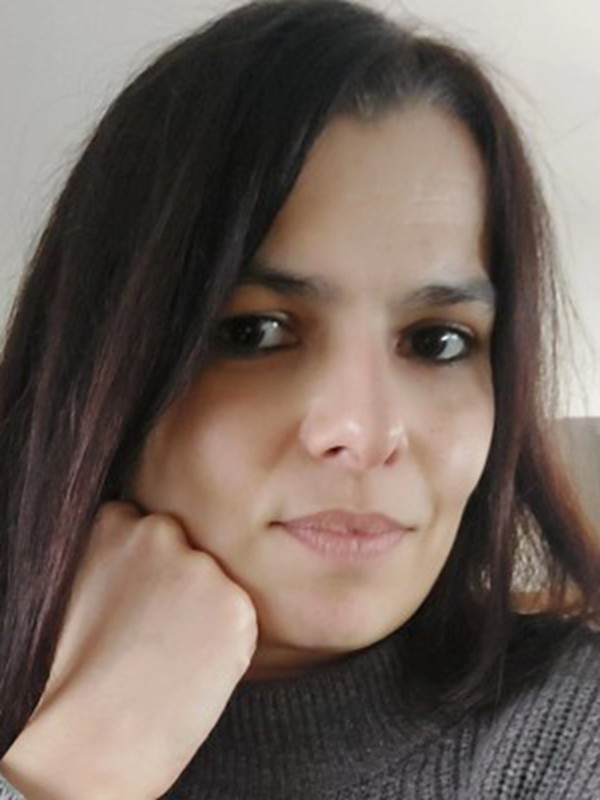
Sílvia Ávila de Sousa
Urban Planner and Project Manager, Porto Energy Agency (AdE Porto)
Climate and Energy Agencies as promoters of Energy Transition in Municipalities
In this presentation, Dr. Sílvia de Sousa, Urban Planner and Project Manager at the Porto Energy Agency (AdEPorto), will share insights into the role of local energy and climate agencies in supporting municipalities through the energy transition. This session highlights practical strategies for local climate action and multi-level governance: drawing from her experience leading EU-funded projects, she will explore initiatives related to climate adaptation, urban sustainability, CDP reporting, the Covenant of Mayors, and the development of Sustainable Energy and Climate Action Plans (SECAPs).
Biography
Sílvia Ávila de Sousa is an Urban Planner and Project Manager at the Porto Energy Agency (AdEPorto), where she leads and coordinates multiple European Union-funded projects in the fields of energy transition, climate adaptation, and sustainable urban development. She plays a key role in supporting municipalities with CDP reporting, Covenant of Mayors commitments, and the development of Sustainable Energy and Climate Action Plans (SECAPs), among other initiatives. She is an Integrated Member of the Research Centre for Territory, Transports, and Environment (CITTA) and co-founder of the cross-thematic research area Societal and Climate Transitions (So-ACT). Her research interests focus on climate action, urban resilience, and sustainable planning strategies. Sílvia has contributed to international projects addressing urban shrinkage, public value capture, and child-friendly cities. In addition, she has held academic positions as a researcher and invited assistant professor at the University of Porto, and has served as an evaluator for initiatives such as the New European Bauhaus (NEB) Prize. Sílvia holds a PhD in Civil Engineering from the University of Porto and remains actively engaged in European urban planning networks. She is a founding member of the Portuguese Association of Urbanists (APU) and a member of the Shrinking Cities International Research Network (SCiRN).
Local: FEUP Library – Events Room (ground floor)
Date: Monday, June 30th, 2025 | 17h00-18h30
Participatory Processes in Spatial Planning
In this session, Professor José Carlos Mota reflects on the role of the “researcher-activist” in addressing complex societal challenges. He explores how stepping beyond academic comfort zones—engaging with policymakers, citizens, and interdisciplinary teams—can lead to new, co-created responses. The session II will be moderated by Dr. Catarina Cádima, Researcher of the Research Centre for Territory, Transports, and Environment (CITTA) at FEUP.
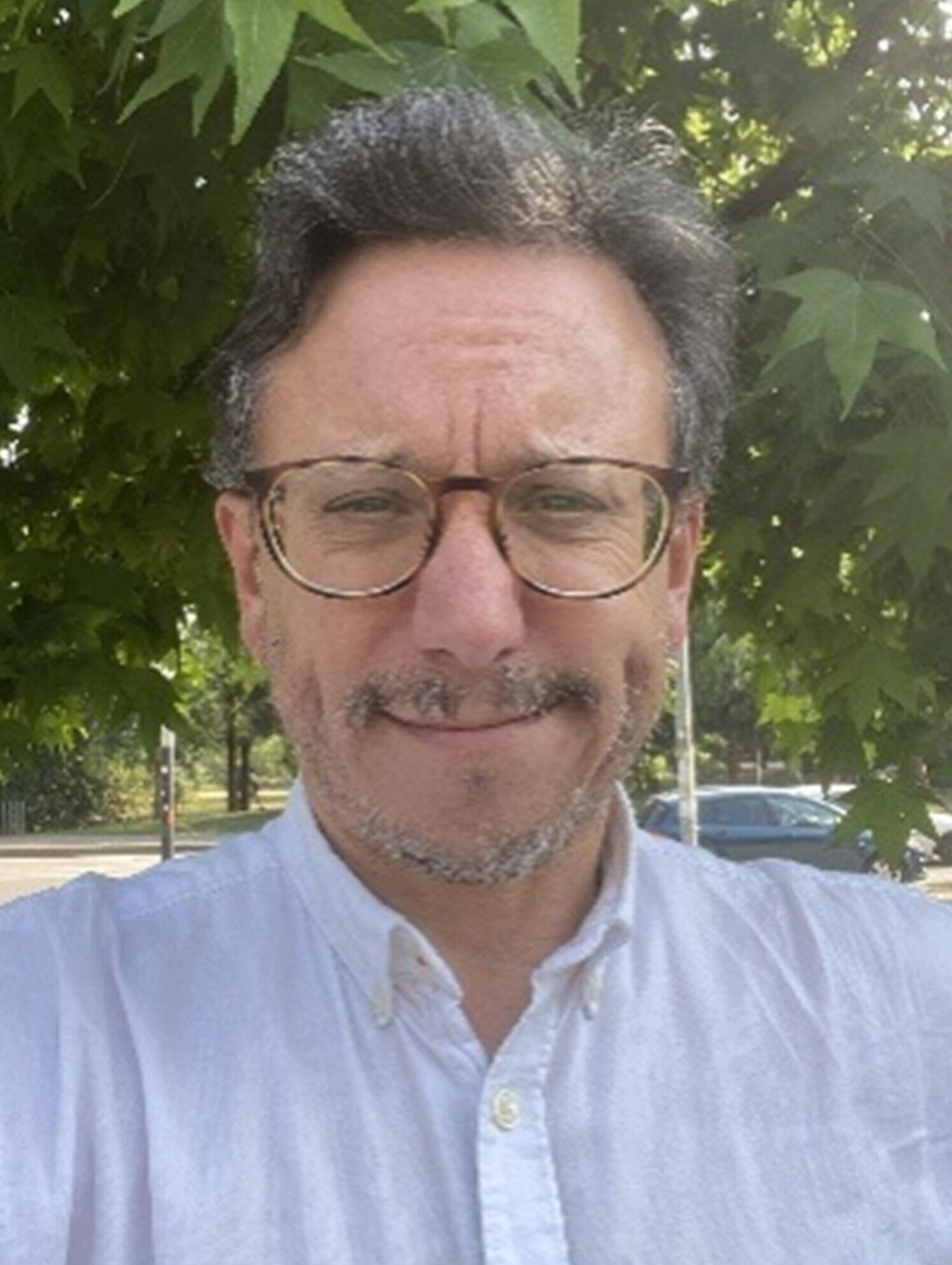
José Carlos Mota
Assistant Professor, Department of Social, Political and Territorial Sciences at the University of Aveiro (UA)
Collaborative planning in times of uncertainty
In these demanding times, researchers and scientists must also be, to some extent, “activists.” It’s a delicate but necessary path when facing complex problems for which there are no obvious solutions. In the absence of ready-made answers, we can at least reflect on paths already taken.
So, what does it mean to be a “researcher-activist”? It means stepping out of the comfort of the “sofa” (i.e., established methodologies and frameworks) and “taking action” – engaging with policymakers, citizens, and organisations; mobilising energy by mapping available scientific and empirical knowledge; building bridges through interdisciplinary collaboration; and fuelling the imagination of a better world by co-creating new responses and daring to experiment with critical evaluation.
Science also happens this way: by analysing, trying, failing, learning, correcting and trying again.
Biography
José Carlos Mota is an assistant Professor at the Department of Social, Political and Territorial Sciences at the University of Aveiro and researcher at GOVCOPP. From 2016 to 2020, he served as Director of the Master’s in Urban and Regional Planning. He has been involved in several national and international research projects focused on place-based participatory planning. He also promotes civic initiatives aimed at strengthening cities and active citizenship.
Local: FEUP Library – Events Room (ground floor)
Date: Tuesday, July 1st, 2025 | 09h00-09h30
Fostering City Transitions: Spatial Planning Doctoral Students’ Exhibition
Join us for this interactive session, in which PhD students and researchers from the Doctoral Programme in Spatial Planning (PDPT) will give oral presentations focusing on innovative research and emerging approaches in spatial planning. It’s also an opportunity to learn more about our research groups: SPE (Spatial Planning and Environment); GPH (Governance, Public Policies and Housing); TPE (Transport Planning and Environment); and TEM (Transport Engineering and Management), as well as their cross-thematic areas! Dr Silvia Spolaor, a researcher at the Research Centre for Territory, Transports and Environment (CITTA) at FEUP, will moderate the poster session.
Local: FEUP Library – Events Room (ground floor)
Date: Tuesday, July 1st, 2025 | 11h00-11h45
Round Table – Next Chapter: Paths After the PhD in Spatial Planning
The last session will be a roundtable discussion, which explores the transition from doctoral studies to professional careers in spatial planning. Two former PhD students — Dr. Isabel Cunha (ENTPE Lyon) and Dr. João Teixeira (CITTA/Alliance for Energy Transition) — will share their diverse paths, challenges, and how their PhDs shaped their work in academia, research, and policy. Topics include leveraging thesis skills (e.g., participatory methods, scientific rigor), alternative career trajectories, and actionable advice for current students. Moderated by Dr. Silvia Spolaor (CITTA/FEUP), this session aims to demystify post-PhD life while inspiring attendees to envision their own futures beyond the dissertation.
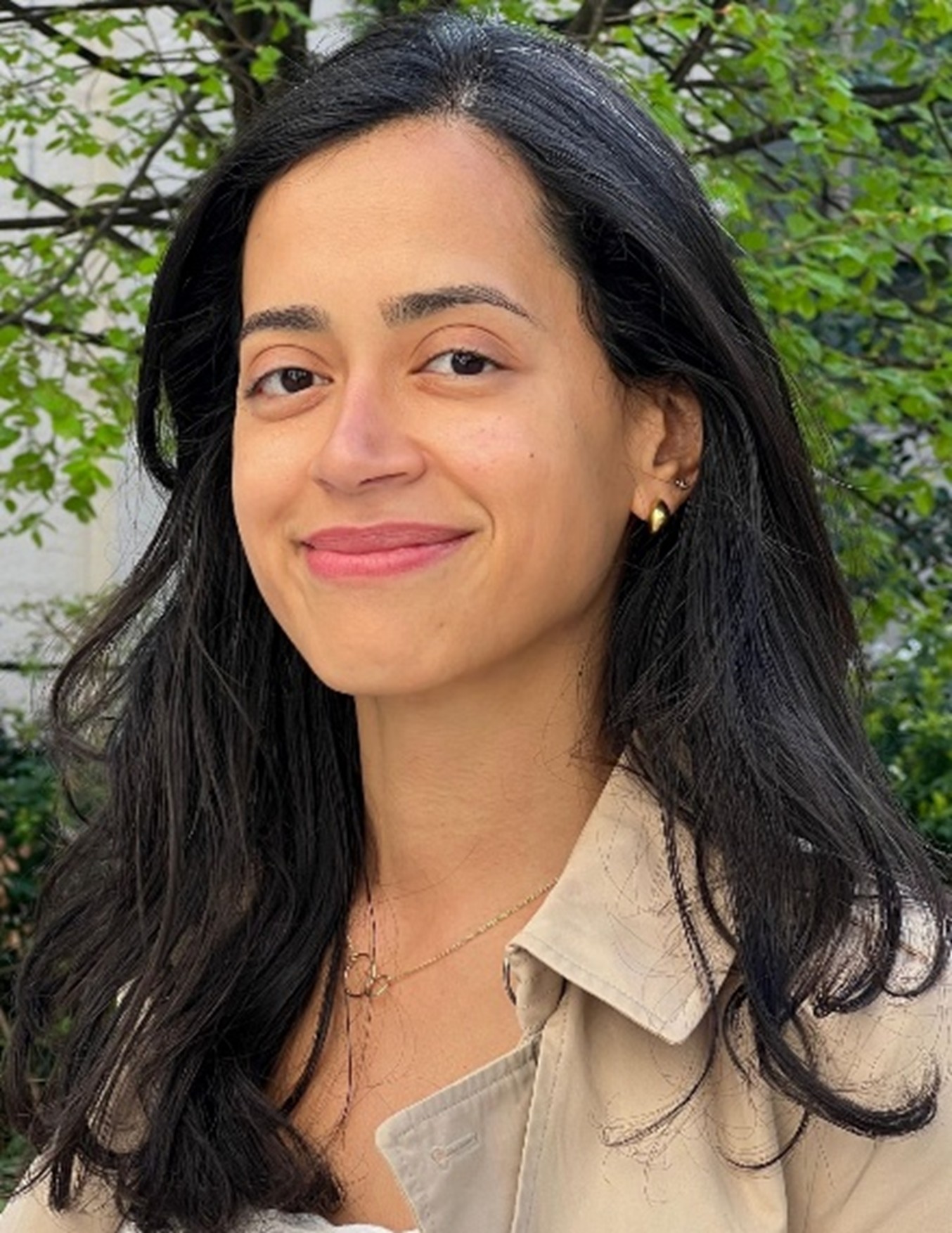
Isabel Cunha
Assistant Professor, National School of State Public Works (ENTPE), University of Lyon
A Transnational Journey in Urban Mobility Research and Teaching
Isabel Cunha will share her journey from earning a PhD in Spatial Planning at FEUP in 2023, with a focus on equitable bicycle accessibility, to becoming an Assistant Professor at ENTPE – University of Lyon and Head of the MSc in Mobility Management. She will highlight key milestones, including leading EU-funded research projects, teaching and mentoring students, and contributing to European policy on inclusive urban mobility. Isabel will provide examples of innovative research projects she is currently leading on urban mobility digital solutions and the 15-Minute City, as well as engaging teaching activities designed to inspire future leaders. Drawing on international experience in France, Portugal, Germany, Brazil, and the UK, this talk aims to motivate new students by illustrating how passion, interdisciplinary collaboration, and a commitment to societal impact can shape a dynamic career in academia.
Biography
Isabel Cunha is an Assistant Professor at ENTPE – University of Lyon and Head of the MSc in Mobility Management. She holds a PhD in Spatial Planning (FEUP) and specialises in transport equity, accessibility, and sustainable mobility. Her professional experience includes fundamental and applied research, coordination of EU-funded research projects, teaching, consultancy work, peer reviewing for leading academic journals, and mentoring students and early-career researchers. She also contributes to European policy conversations on inclusive and sustainable urban mobility. Isabel has international teaching and research experience in France, Portugal, Germany, Brazil, and the UK.
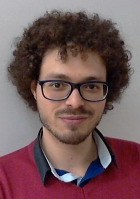
João Teixeira
Junior Researcher, Research Centre for Territory, Transports, and Environment (CITTA) at FEUP
Bridging Research and Practice in Sustainable Urban Transport
In this talk, João Teixeira will discuss his journey from earning a PhD in Spatial Planning (Cum Laude) at FEUP to becoming a key researcher at CITTA and the Alliance for Energy Transition (PRR/NextGenEU). With a focus on active and shared micromobility — particularly bike-sharing systems (BSS) — he will share insights from his 8 years of research, including 15 peer-reviewed publications (12 as first author) in leading transportation journals. João will highlight his interdisciplinary approach, blending environmental engineering and spatial planning to address urban mobility challenges. His talk will also explore current projects on proximity-centered accessibility (e.g., 15-minute city) and integrated land-use planning, offering a vision for how research can shape equitable, low-carbon mobility policies across Europe.
Biography
João Teixeira is a Junior Researcher at CITTA (Research Centre for Territory, Transports, and Environment, FEUP) and the Alliance for Energy Transition (PRR/NextGenEU). He holds a PhD in Spatial Planning (Cum Laude) and a Master’s in Environmental Engineering, specializing in sustainable mobility, bike-sharing systems (BSS), and intermodal transport. With nearly 8 years of research experience, he has published 15 peer-reviewed papers in high-impact transportation journals, 12 as first author. His work bridges academia and policy, focusing on active mobility, accessibility, and integrated land-use/transport planning. João has collaborated with institutions across Europe, advancing data-driven solutions for urban sustainability.
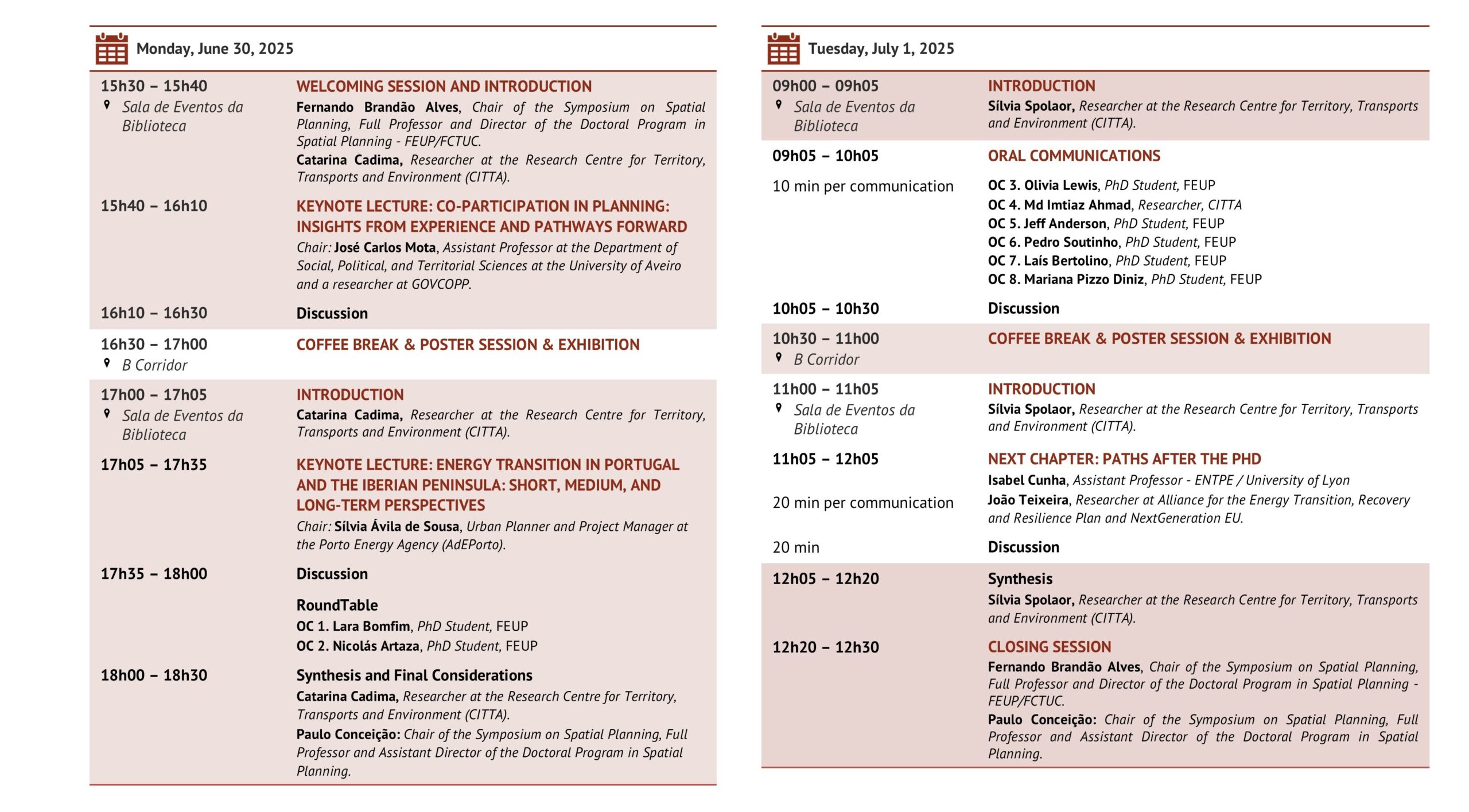
As cities face growing environmental challenges, circularity has emerged as a transformative concept in urban development, extending beyond the circular economy to encompass urban governance, spatial planning, and socio-technical transitions. This symposium explores how planning strategies can integrate climate adaptation action, land use, mobility, governance, and social equity to foster resilient and regenerative urban environments.
Key themes include territorial cohesion, spatial justice, and collaborative planning to support resource-efficient and climate-responsive cities. Additionally, housing policies, urban affordability, and the right to the city will be addressed as essential elements of a circular urban transition.
The symposium underscores the necessity for innovative governance and transformative policies to achieve authentic circularity. By bolstering institutional capacities and promoting participatory decision-making, we can prioritize resilience and inclusivity in urban development. Incorporating nature-based solutions across various spatial scales is essential for advancing long-term urban sustainability. This event works as a valuable platform for a diverse range of stakeholders to engage in productive dialogue and develop interdisciplinary strategies that align spatial planning with circularity, paving the way for dynamic, sustainable, and socially just urban futures.
Submissions
Format: Oral communications or PDPT Visual Exhibition
Please follow the abstract template (maximum 1 page) according to the Instruction for Authors available under the Registration page. The submission must be done through the SCI-MEET platform.
For more information, please click HERE.
Registration & Payment
Registration is mandatory for all participants through the SCI-MEET platform.
The Doctoral Program in Spatial Planning (PDPT) will cover the registration costs for any PDPT student from FEUP.
A limited number of registration waivers will be granted to other students, researchers or professors from FEUP, depending on the number of attendees. For any questions, please email up201902912@edu.fe.up.pt (Lara Bomfim).
Abstracts will be included in the Book of Abstracts only if at least one author of each accepted abstract is registered and has paid the registration fee (attended the event).
Please note that at least one author per submitted abstract must register for the Congress as soon as possible to secure participation.
Program
|| The full program will be available soon ||
Communications
Oral communication:
- Prepare a PowerPoint presentation to support your talk.
- An editable PowerPoint template will be available soon.
- Language: Presentations and slides must be in English.
PDPT Visual Exhibition:
A space for doctoral and master’s students to showcase graphical works related to their research, including conceptual cartographies, thematic maps, photographs, diagrams, technical drawings, sketches, paintings, and other artistic productions.
- Language: All materials must be in English.
- Guidelines:
- Submission: Title, year, author, affiliation. Brief description of the work (max. 100 words);
- Photography: proportion 3:2, format PNG or JPG, resolution 300 dpi;
- Other material (diagram, thematic maps, technical drawings, etc.: size A3 vertical or horizontal (297mm x 420mm), format PNG or JPG, resolution 300 dpi.
Publications
All accepted abstracts, with at least one author registered in the Congress with a paid fee, will be included in the event’s program and the Symposium Book of Abstracts.
|| The Book of Abstracts will be available soon ||
Awards
Authors of accepted abstracts presented at the Congress will be eligible for the Best Oral Communication and Best PDPT Visual Exhibition Awards.
Symposium Committees
Symposium Chairs:
- Fernando Manuel Brandão Alves, FEUP
- Paulo Santos Conceição, FEUP
Symposium Organizing Committee:
- Fernando Manuel Brandão Alves, FEUP
- Paulo Santos Conceição, FEUP
- Cauê Martins Rios, PhD Student PDPT, FEUP
- Franklin Gabriel Menezes Gaspar, PhD Student PDPT, FEUP
- João Pedro Andrade Silva, PhD Student PDPT, FEUP
- Lara Costa Bomfim, PhD Student PDPT, FEUP
- Nicolás Emilio Santelices Artaza, PhD Student PDPT, FEUP
Symposium Scientific Committee:
- Álvaro Fernando de Oliveira Costa, FEUP
- Anabela Salgueiro Narciso Ribeiro, FEUP
- Catarina Dias Cadima, FEUP
- Cecília Alexandra Abreu Coelho da Rocha, FEUP
- Cecília do Carmo Ferreira da Silva, FEUP
- Emília Maria Delgado Domingos Antunes Malcata Rebelo, FEUP
- Fernando Manuel Brandão Alves, FEUP
- Isabel Maria Fernandes Ribeiro Breda Lacerda Vázquez, FEUP
- Miguel Luis Lage Alvim Serra, FEUP
- Paulo Manuel da Costa Pinho, FEUP
- Paulo Santos Conceição, FEUP
- Sara Maria dos Santos Rodrigues da Cruz, FEUP
- Vítor Manuel Araújo de Oliveira, FEUP
Contact: up201902912@edu.fe.up.pt (Lara Bomfim)
